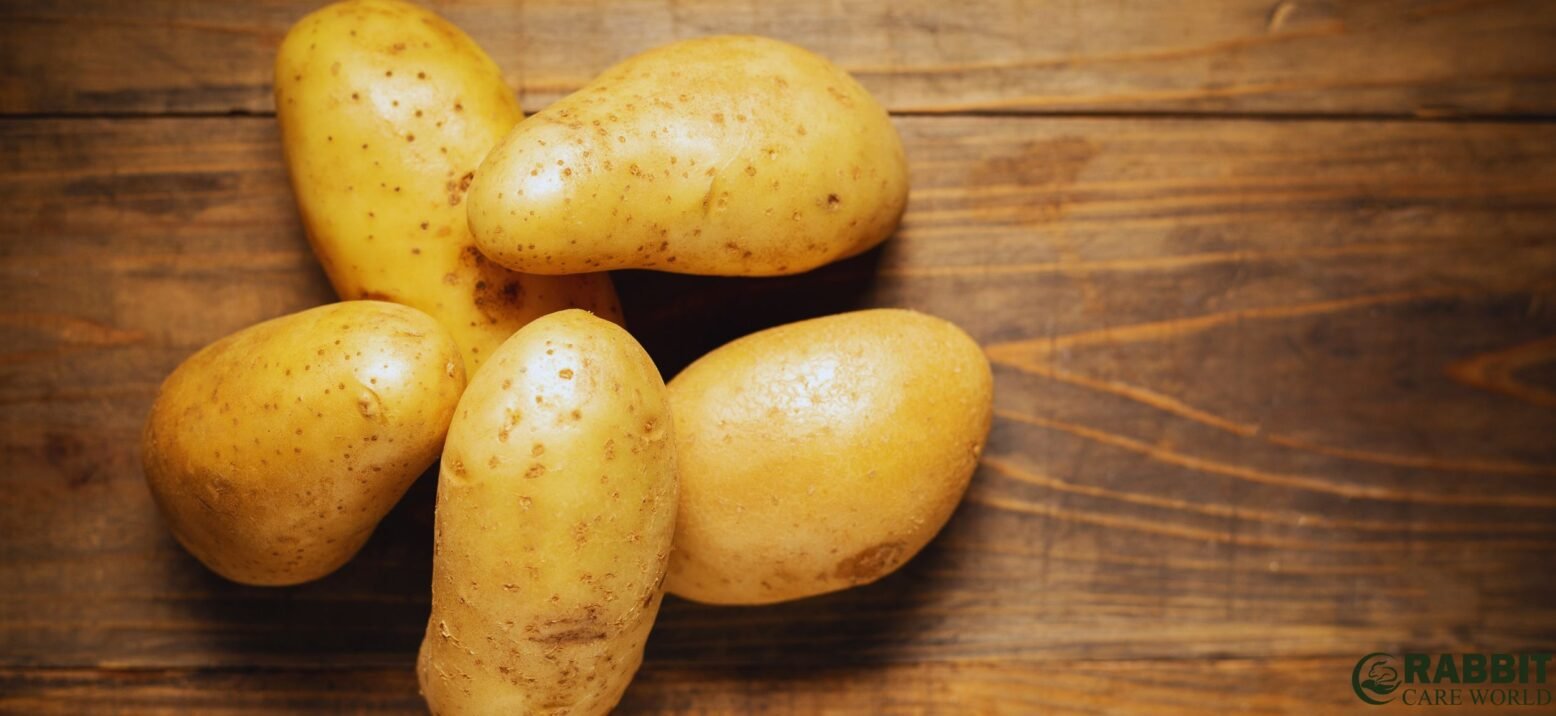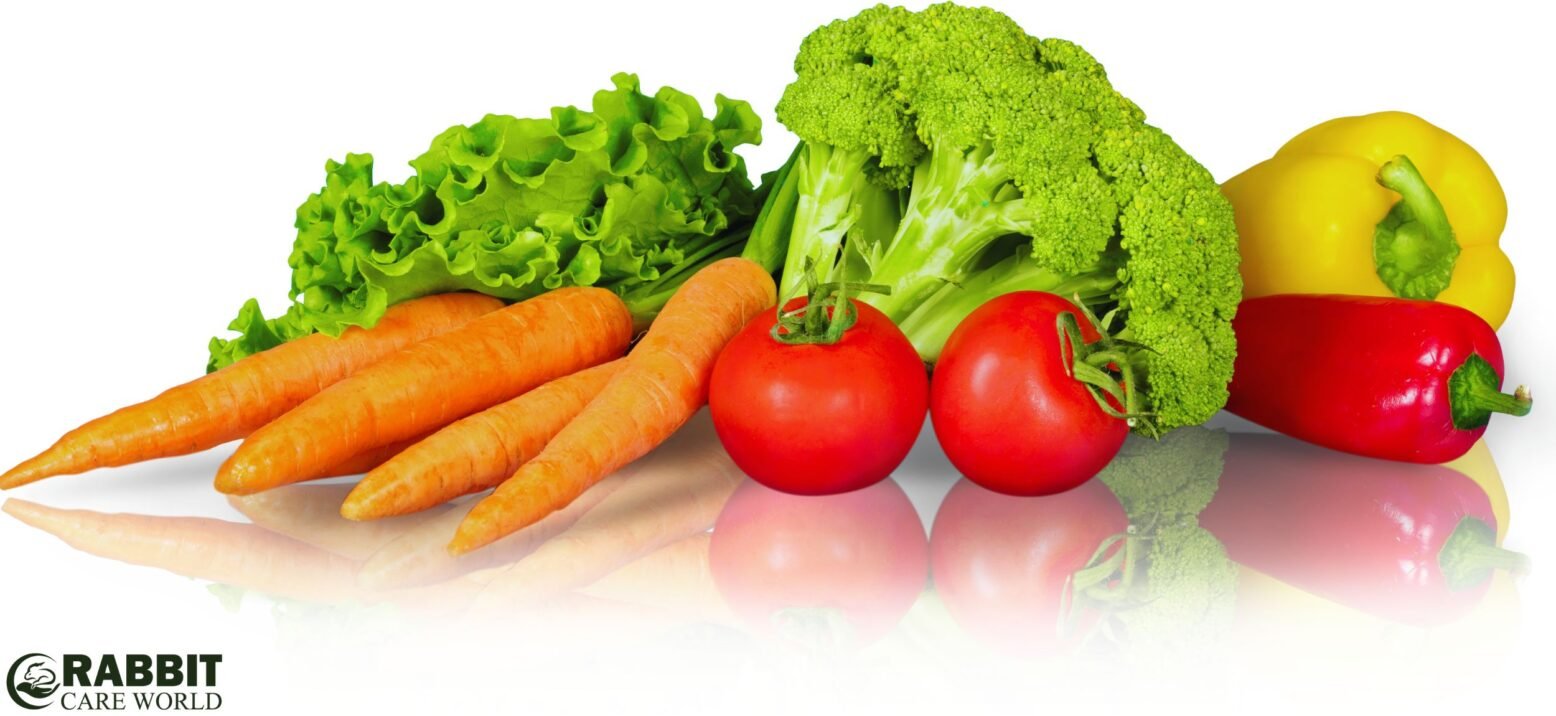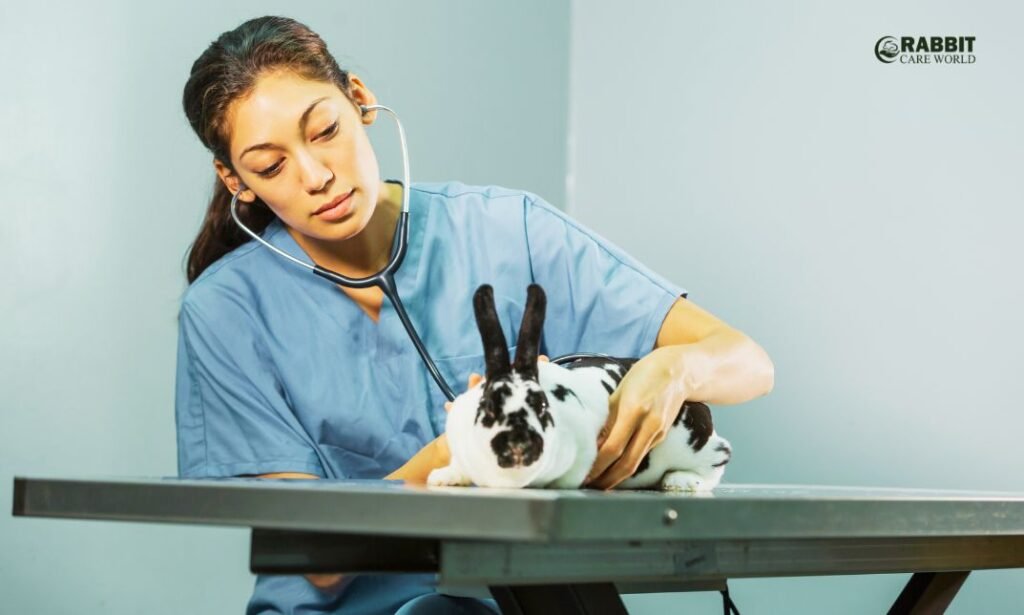Yes, guinea pigs can eat potatoes, but they shouldn’t. Potatoes contain compounds that can be harmful to guinea pigs’ health.
Guinea pigs have specific dietary needs. Can guinea eat potatoes? Yes, They thrive on fresh vegetables, hay, and pellets. Potatoes, especially raw ones, contain solanine, a toxin harmful to guinea pigs. Even cooked potatoes are starchy and can upset their digestive system. It’s best to offer guinea pigs safer vegetables like carrots, bell peppers, and leafy greens.
Ensuring a balanced diet helps keep your guinea pig healthy and happy. This blog will delve into why potatoes are not suitable for guinea pigs and suggest better alternatives for their diet. Let’s explore the best ways to keep your furry friend well-nourished and safe.
Table of Contents
ToggleGuinea Pig Diet Basics

Understanding the basic diet needs of your guinea pig is essential. These small, furry friends depend on a balanced diet to stay healthy. They require specific nutrients to thrive. Let’s dive into the basics of their diet, ensuring your guinea pig gets the best care.
Nutritional Needs
Guinea pigs need a diet high in vitamin C. They can’t produce this vitamin themselves. So, it’s vital to include foods rich in vitamin C. Fresh vegetables and special guinea pig pellets are great sources.
They also need a constant supply of fresh hay. Hay helps in digestion and keeps their teeth trimmed. Timothy hay is a popular choice. Fresh water should always be available. Use a water bottle with a sipper tube to keep the water clean.
Safe Food Options
Many fruits and vegetables are safe for guinea pigs. Here is a list of safe options:
- Carrots
- Bell peppers
- Broccoli
- Cucumbers
- Strawberries
Introduce new foods slowly. Watch for any adverse reactions. Always wash fruits and vegetables before feeding.
Some foods to avoid:
- Potatoes
- Onions
- Garlic
- Avocados
- Chocolate
These can be harmful to guinea pigs. Stick to safe options to ensure their health.
Potato Nutritional Profile
Potatoes are a popular food. They are rich in nutrients. Can guinea eat potatoes? Yes, But what exactly do they contain? Let’s explore the nutritional profile of potatoes. This will help us understand their value for guinea pigs.
Vitamins And Minerals
Potatoes are packed with essential vitamins and minerals. Some of the key nutrients include:
- Vitamin C: Important for the immune system and skin health.
- Vitamin B6: Helps with brain development and function.
- Potassium: Regulates fluid balance and muscle contractions.
- Iron: Needed for the production of hemoglobin in the blood.
- Magnesium: Supports muscle and nerve functions.
These nutrients play vital roles in maintaining health. But are they suitable for guinea pigs? We need to consider more factors.
Caloric Content
Potatoes also contain calories. These come from carbohydrates, proteins, and fats. Here is a breakdown:
| Nutrient | Amount per 100g |
|---|---|
| Carbohydrates | 17 grams |
| Proteins | 2 grams |
| Fats | 0.1 grams |
| Calories | 77 calories |
This caloric content might be too high for guinea pigs. They need a low-calorie diet. So, potatoes may not be the best choice.
Potatoes In Guinea Pig Diet
Potatoes are a common vegetable in many households. They are versatile and nutritious for humans. But can guinea pigs eat potatoes? Let’s explore the role of potatoes in a guinea pig’s diet.
Edibility
Guinea pigs should not eat potatoes. Potatoes contain solanine, a toxic substance. Solanine can harm guinea pigs. Guinea pigs have sensitive digestive systems. They cannot process potatoes safely. Avoid feeding them any part of the potato plant.
Feeding potatoes to guinea pigs poses health risks. Solanine toxicity can cause serious issues. These include digestive problems and lethargy. Severe cases can be fatal. Potatoes also contain high starch levels. Starch can lead to obesity in guinea pigs. This is dangerous for their health.
Raw Vs. Cooked Potatoes
Potatoes are a staple in many kitchens. But can guinea pigs eat potatoes? The answer depends on whether the potatoes are raw or cooked. Let’s explore the difference.
Digestibility

Raw potatoes are hard to digest for guinea pigs. Their digestive system is not designed to process raw starch. Cooked potatoes, on the other hand, are softer and easier to digest. Cooking breaks down the starch, making it more palatable.
Here is a simple comparison:
| Raw Potatoes | Cooked Potatoes |
|---|---|
| Hard to digest | Easier to digest |
| Raw starch | Broken down starch |
Toxicity Concerns
Raw potatoes contain solanine, a toxic compound. Solanine can cause health issues in guinea pigs. Cooking reduces the solanine level, but not completely. Even small amounts can be harmful. It is best to avoid feeding potatoes to guinea pigs.
Potential risks include:
- Upset stomach
- Diarrhea
- Weakness
Always prioritize your pet’s health. Opt for safer vegetables like carrots or bell peppers.
Potential Benefits
Nutritional Value
Potatoes are rich in vitamins and minerals. They provide vitamin C, which is vital for guinea pigs. Vitamin C prevents scurvy, a common issue in guinea pigs. Potatoes also contain potassium. Potassium helps maintain healthy muscle function. They have fiber too. Fiber supports digestive health in guinea pigs.
Occasional Treat
Potatoes should not be a daily food for guinea pigs. They are high in starch, which can lead to weight gain. Offering potatoes as an occasional treat is best. It adds variety to their diet without causing harm. Always serve potatoes cooked and without any seasoning. Raw potatoes can be harmful and hard to digest.
Health Risks
Feeding potatoes to guinea pigs can pose several health risks. Understanding these risks helps in making safe dietary choices for your pet. Let’s explore the potential dangers, focusing on solanine poisoning and digestive issues.
Solanine Poisoning
Potatoes contain a toxin called solanine. This is particularly present in green or sprouted potatoes. Consumption of solanine can be harmful to guinea pigs. Symptoms include:
- Weakness
- Lethargy
- Diarrhea
- Vomiting
Even small amounts of solanine can cause severe health issues. It is best to avoid feeding any part of the potato plant to your guinea pig.
Digestive Issues
Guinea pigs have sensitive digestive systems. Potatoes are high in starch which is difficult for them to digest. Consuming starchy foods can lead to:
- Gas
- Bloating
- Diarrhea
Long-term digestive issues may arise from frequent feeding of potatoes. It’s crucial to keep their diet free from such foods to ensure their well-being.
Signs Of Poisoning
Potatoes can be harmful to guinea pigs. They contain solanine, a toxic substance. Knowing the signs of poisoning can save your pet’s life. Early detection is crucial.
Symptoms To Watch For
- Lethargy: Your guinea pig may seem unusually tired.
- Diarrhea: Loose stools can indicate poisoning.
- Vomiting: Although rare, it can happen.
- Loss of appetite: Refusing to eat is a red flag.
- Abdominal pain: Your pet may show discomfort or pain.
Emergency Measures
If you suspect poisoning, act fast. Here are the steps:
- Remove access to any remaining potatoes.
- Contact a vet immediately. Explain the situation.
- Follow the vet’s instructions carefully.
- Keep your guinea pig warm and calm.
- Monitor for any worsening symptoms.
Prompt action can make a big difference. Always have a vet’s contact number handy.
Safe Vegetable Alternatives
While potatoes are not safe for guinea pigs, there are many other vegetables they can enjoy. These alternatives offer the nutrients guinea pigs need without the risks. Here are some safe vegetable options to consider.
Leafy Greens
Leafy greens are excellent for guinea pigs. They are rich in vitamins and minerals. Romaine lettuce is a good choice. It provides hydration and nutrients. Kale is another great option. It is packed with vitamin C, which is essential for guinea pigs. Spinach can be given in small amounts. It is high in calcium, so don’t overfeed it.
Root Vegetables
Some root vegetables are safe for guinea pigs. Carrots are a favorite. They are sweet and nutritious. Feed them in moderation due to their sugar content. Parsnips are another good choice. They provide fiber and vitamins. Turnips can also be given occasionally. They have a crunchy texture guinea pigs enjoy.

Introducing New Foods
Guinea pigs have specific dietary needs. Introducing new foods needs careful consideration. Potatoes are a common vegetable. But can guinea pigs eat them? This section will guide you through the process. We will focus on a gradual introduction and monitoring reactions.
Gradual Introduction
Start by introducing potatoes in small amounts. This helps avoid any digestive issues. A small piece, about the size of a pea, is enough.
Offer the potato piece as a treat. Do not mix it with their regular food. This helps you observe any changes or reactions.
Wait a day or two before offering more. This gives their system time to adjust. Guinea pigs have sensitive stomachs. Potentially causing health problems. A gradual introduction is essential for their health.
Monitoring Reactions
After introducing potatoes, watch your guinea pig closely. Look for signs of discomfort or illness. Some common signs include:
- Diarrhea
- Lethargy
- Loss of appetite
If you notice any of these signs, stop feeding potatoes immediately. Consult a vet if symptoms persist. Guinea pigs cannot process certain foods well.
If no adverse reactions occur, you can slowly increase the amount. But keep it as an occasional treat. Potatoes should not replace their main diet of hay and vegetables.
| Symptoms | Actions |
|---|---|
| Diarrhea | Stop feeding potatoes |
| Lethargy | Consult a vet |
| Loss of appetite | Monitor closely |
Always remember, a varied diet is best for guinea pigs. Introducing new foods like potatoes can be safe. But only if done carefully and gradually.
Portion Control
Guinea pigs love vegetables and fruits. But, not all foods are safe. Potatoes are one such food. Guinea pigs can eat them, but with caution. Portion control is key.
Serving Size
Small portions are best for guinea pigs. A tiny slice of potato is enough. Too much can harm their health. Always remove the skin. It contains toxins harmful to guinea pigs. Cut the potato into small, manageable pieces.
Frequency
Guinea pigs should not eat potatoes often. Once a week is enough. Overfeeding can lead to health issues. Monitor your guinea pig’s health after eating potatoes. Look for any signs of discomfort or illness.
Consulting A Veterinarian
When considering whether guinea pigs can eat potatoes, it is essential to consult a veterinarian. A veterinarian can provide professional advice and conduct health assessments for your guinea pig. This ensures that your pet’s diet is safe and nutritious.
Professional Advice
Veterinarians have specialized knowledge about guinea pig diets. They can advise on the suitability of various foods, including potatoes. Potatoes contain certain compounds that might be harmful. A vet can guide you on proper preparation methods to avoid these risks.

Health Assessments
Regular health assessments by a veterinarian are crucial. These assessments help monitor your guinea pig’s overall health. A vet can detect any signs of dietary issues early. They can also recommend changes in diet as needed.
| Assessment Type | Purpose | Frequency |
|---|---|---|
| Physical Exam | Check for physical health issues | Every 6 months |
| Dietary Review | Assess and adjust diet | Annually |
Consulting a veterinarian ensures you are making informed decisions about your guinea pig’s diet. This professional guidance can help keep your pet healthy and happy.
Personal Experience
Owner Testimonials
From my own experience, potatoes were a cautious addition to my guinea pig’s diet. Initially, I was hesitant. But after consulting with a vet, I decided to give it a try.
John, a fellow guinea pig owner, shared, “My guinea pig loved the occasional potato slice. I kept it as a rare treat. It didn’t cause any health issues.”
Another owner, Sarah, noted, “I tried giving my guinea pig a small piece of boiled potato. Surprisingly, she enjoyed it. I make sure it is always well-cooked and unseasoned.”
Success Stories
These testimonials are just the start. Let’s dive deeper into some success stories.
Anna shared, “After reading about the risks, I introduced potato in small amounts. My guinea pig’s health remained stable. It was a rare treat, not a regular food.”
Mark, another owner, recounted, “I was worried at first. But my vet gave me a green light for small potato pieces. I noticed no adverse effects. My guinea pig seemed to enjoy the variety.”
Overall, these experiences show that potatoes can be safely given in moderation. Always ensure they are cooked and unseasoned.
Common Misconceptions
Many pet owners are confused about what foods are safe for their guinea pigs. One common question is whether guinea pigs can eat potatoes. There are several misconceptions around this topic. Let’s break down the myths and clarify the facts.
Myth Busting
One common myth is that all parts of the potato are safe for guinea pigs. This is not true. Some parts can be harmful.
- Raw potatoes: These contain toxins that are dangerous to guinea pigs.
- Green potatoes: The green parts have solanine, which is toxic.
- Potato leaves: These are also harmful due to solanine.
Clarifying Facts
Now, let’s clarify what is safe and what is not.
- Cooked potatoes: These are not toxic but lack nutrients guinea pigs need.
- Potato peels: Even peels can have toxins and should be avoided.
- Other vegetables: Carrots, bell peppers, and cucumbers are much safer.
It’s best to avoid feeding potatoes to your guinea pig. Focus on providing a balanced diet with safe vegetables.
Emergency Care
If your guinea pig eats potatoes, immediate action is crucial. Potatoes can be harmful. They contain solanine, which is toxic to guinea pigs. Quick response can save your pet’s life.
Immediate Actions
First, remove any remaining potatoes from their reach. Then, observe their behavior closely. Look for symptoms such as:
- Diarrhea
- Vomiting
- Lethargy
- Difficulty breathing
If any of these symptoms appear, act fast. Providing water can help flush out toxins. Do not attempt to make them vomit.
Veterinary Assistance
Contact your vet immediately. Explain the situation in detail. Your vet may ask you to bring your pet in for examination. Professional care is essential in these situations.
During the visit, the vet might perform the following:
- Physical examination
- Blood tests
- Hydration therapy
- Administering activated charcoal
Follow the vet’s advice and keep your guinea pig comfortable. Regular check-ups after the incident can ensure your pet’s full recovery.
Final Thoughts
Guinea pigs can safely eat potatoes in moderation. Always ensure potatoes are cooked and unseasoned to avoid any health issues.
Caring for your guinea pig means understanding its dietary needs. Potatoes are not a staple food for guinea pigs. They can cause health issues if given in large amounts. It’s best to know how to provide a balanced diet and practice responsible pet ownership.
Balanced Diet
Guinea pigs need a diet rich in vitamin C. They cannot produce this vitamin on their own. Fresh vegetables and fruits are essential. Here’s a simple table to show some recommended foods:
| Food | Benefits |
|---|---|
| Bell Peppers | High in vitamin C |
| Carrots | Rich in beta-carotene |
| Spinach | Contains iron and calcium |
Hay should make up most of their diet. It helps with digestion and keeps their teeth healthy. Pellets made for guinea pigs are also good. They contain nutrients your pet needs.
Responsible Pet Ownership
Being a responsible pet owner means knowing what your pet can and cannot eat. Potatoes are not safe for guinea pigs. They contain solanine, which is toxic. Always check if a food is safe before giving it to your pet. Follow these steps for a healthy guinea pig:
- Provide fresh water daily.
- Offer a variety of vegetables and fruits.
- Ensure unlimited access to hay.
- Use guinea pig-specific pellets.
- Avoid foods that are toxic or unsafe.

Understanding your pet’s needs is key. It leads to a happy and healthy guinea pig. Always research and ask your vet for advice on your pet’s diet.
Frequently Asked Questions
Can Guinea Pigs Eat Potatoes?
No, guinea pigs should not eat potatoes. They can be harmful.
Are Potatoes Toxic To Guinea Pigs?
Yes, potatoes contain solanine, which is toxic to guinea pigs.
What Happens If A Guinea Pig Eats A Potato?
They may experience digestive issues or poisoning. Always avoid feeding them potatoes.
Can Guinea Pigs Eat Sweet Potatoes?
Yes, but in small amounts. Sweet potatoes are safer than regular potatoes.
Are Potato Peels Safe For Guinea Pigs?
No, potato peels still contain harmful substances. Do not feed them to guinea pigs.
What Vegetables Can Guinea Pigs Eat?
Guinea pigs can eat lettuce, carrots, bell peppers, and cucumbers. These are safe options.
Is Cooked Potato Safe For Guinea Pigs?
No, cooked potatoes are still not safe. Avoid giving any form of potato.
How Often Should Guinea Pigs Eat Vegetables?
Daily. Fresh vegetables should be part of their everyday diet.
Conclusion
Potatoes can be a safe treat for your guinea pig. Offer them in small amounts. Always ensure they are cooked and unseasoned. Raw potatoes can be harmful. Monitor your pet for any adverse reactions. Balance their diet with other vegetables and hay.
A varied diet keeps your guinea pig healthy and happy. Always consult your vet before introducing new foods. Your pet’s health and safety come first. Enjoy these moments of bonding with your furry friend!



